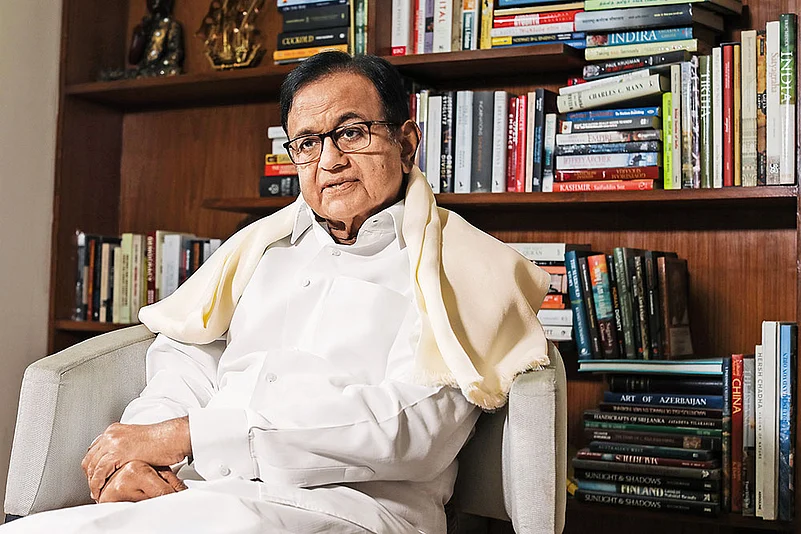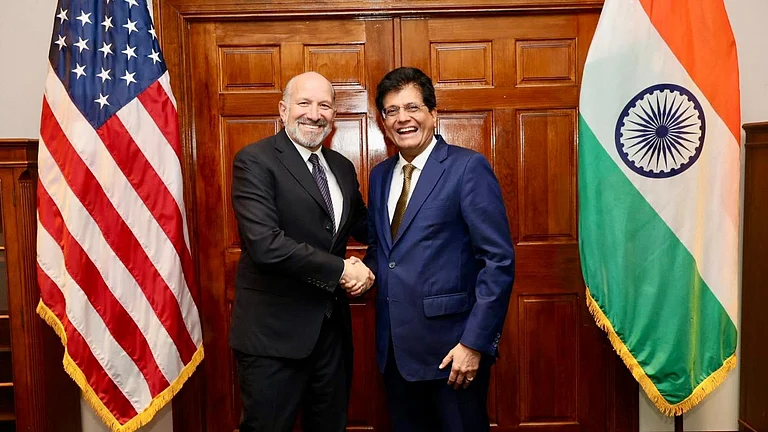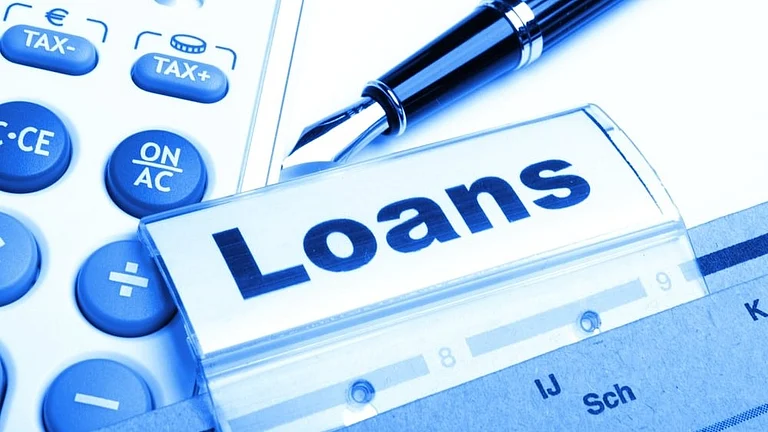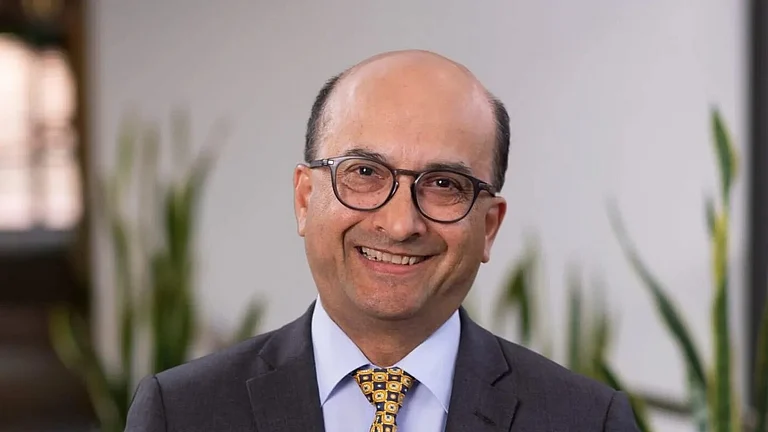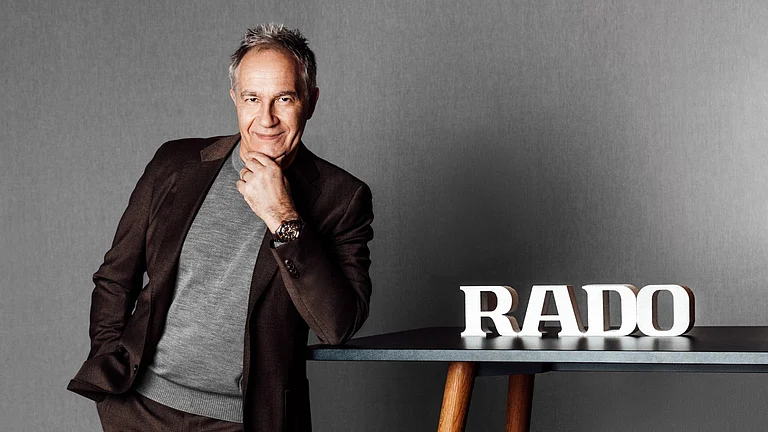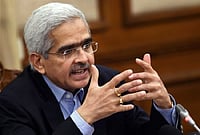What will be the impact of the government’s push towards the new tax regime?
The new tax regime seems to disincentivise savings. For the last 70 to 75 years, the prevailing wisdom in the country has been that people must be encouraged to save because household and corporate savings are the ones that go into investment. It is these two that go into building capital which will go into investment. The public sector is, in fact, dissaving. For the first time, I have seen a budget which actively disincentivises savings. Apparently, the government’s goal is to move towards a “no exemption tax regime” and ask everybody to pay tax, which is fine, provided they factor in two points.
Firstly, a no-exemption tax regime must be accompanied by a low-tax regime. Look at the marginal rate of income tax today—for the old regime, it is 42.4% and for the new one, it is 39%. If you have such marginal rates, what are you trying to promote?
Secondly, who will save then? People do not have a natural tendency to save. You must push and motivate them into savings. Today, things like insurance, public provident fund, senior citizens saving schemes, etc. push people towards savings. But once you disincentivise these instruments, people will tend to spend more rather than save more.
Please understand that I am not against spending. We just need a balance between savings and spending. But I was surprised to see an interview by the honourable finance minister where she seems to welcome more spending. I support more spending, provided it is accompanied by more savings, and both are funded by more income.
You have said that the budget has not addressed the poor or the unemployed. How do you think the government could have addressed it better?
Every budget depends on the context and so, to understand today’s context, one must read the Economic Survey, especially paragraphs 1.30 and 1.31. These refer to a slowdown in world growth and trade and tightening of financial conditions. The impact on India will be that our currency will be affected, which could mean depreciation; imports may rise because commodity prices may rise. Exports will be affected and the current account balance will grow large.
This is what the chief economic advisor is saying. Please tell me where in the 90-minute-long speech has the finance minister acknowledged this context and addressed these issues. You are making a budget for the people who will be affected by these issues. I have read the budget speech more than once and I have not found her even acknowledging what the Economic Survey says.
It is being said that the finance minister has stuck to her government’s stand of not giving dole-outs through social welfare schemes and trusted its policy of building infrastructure that will give India long-term growth. What is your take on this argument?
Last year, the government outlaid Rs 7,50,000 crore for capital expenditure. Will it achieve this target by the end of the year? The answer is “no”. The revised estimates show that it will achieve Rs 28,000 crore less than what was in the budget. My point is that if in 2022–23, the ministries could not spend Rs 7,50,000 crore, how do you expect them to spend Rs 10 lakh crore in 2023–24?
It is a whopping increase of 33%. If that is all that the roads and railways can spend in a normal year like 2022–23, in a year when inflation will be high, currency will depreciate, world growth will be slow, how do you expect them to spend 33% more than what you have spent in the previous year? I wish her well. But I am very sceptical about the ability of the government to spend Rs 10 lakh crore in a financial year.
Is there something that you think that the current government has done right vis-a-vis the UPA government?
Of course! It has done things right, like continuing MNREGS, the National Food Security Act, Aadhaar and the no-frills bank account which was opened by us and then rechristened as jan-dhan accounts. The NDA government has not abandoned or closed these schemes. I welcome that.
But we are not talking about the non-budget actions that it took. I think this budget is extremely disappointing in terms of both spurring growth and increasing welfare of people. You have said that she does not believe in giving [dole-outs] towards that. That is fine. It is her point of view. But unfortunately, there are poor people in this country.
As per the government, the cut-off for being in the economically weaker section (EWS) category is the annual income of Rs 8 lakh. About 80% [of the population] comes under this limit. You have called them EWS, so they must be poor. They do not pay income tax. So, this income tax jugglery will not help them. How will it help the 80% people who have an income of less than Rs 8 lakh a year? Is there anything in the budget that is directly addressing that target audience and giving them some relief?
The GST collections have picked up post-Covid. Do you think it is time for the government to move towards reducing tax slabs?
Of course. The GST rates are high, irrational and multiple. We have been saying from day one that you must have only one GST rate. If you want to tweak it, you can have the normal rate—normal plus and normal minus—in order to take care of the transition. We have also said that it must be a low rate. The government has thrown all these norms to the winds and persisted with a multiple rate, irrational GST. And we are totally opposed to it. Besides, reports say that the rich pay less than 1% of the GST; it is the vast majority of the middle class and the poor who pay the bulk of the GST. If you want to give them relief, you should cut the GST.
It took India’s banking sector almost 10 years to come out of the crisis of non-performing assets. Do you think that the recent Adani fiasco can lead to another trouble for the sector?
I do not know. I cannot predict anything and certainly not doom. The Congress has made a statement on the Adani issue and that binds us all.






